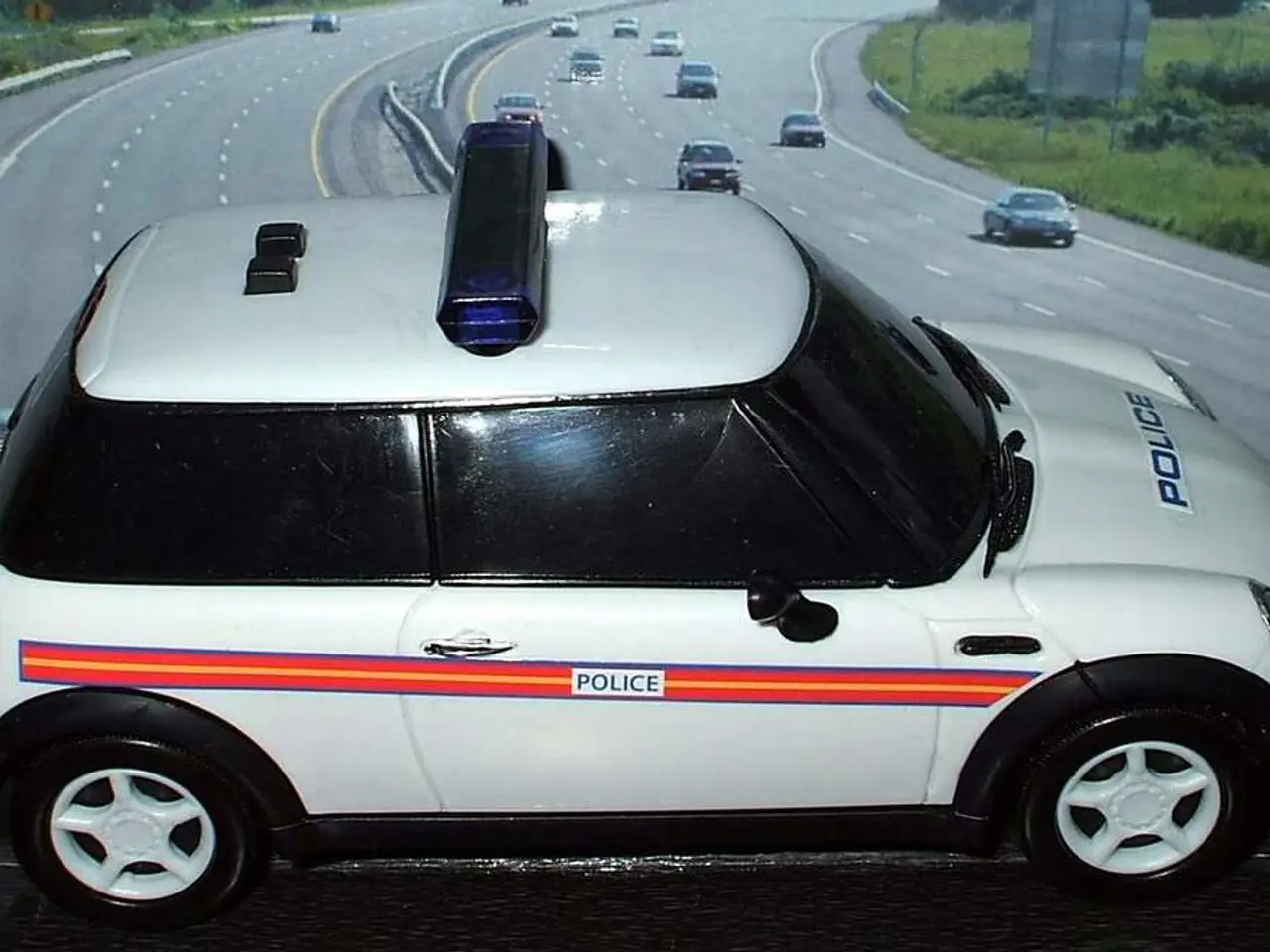President Trump advocates for the control of Washington, D.C., utilizing the National Guard, with the primary aim of combatting criminal activity.
President Trump Pushes for Federal Takeover of Washington, D.C.
President Donald Trump has taken steps to federalize Washington, D.C., aiming to address crime in the city. Trump believes that the city needs to be the best-run in the country and has suggested using the National Guard to police the streets [1].
Federalizing the Police Department
The President does not have unilateral authority to fully federalize Washington, D.C., but he can temporarily take control of the Metropolitan Police Department (MPD) for "federal purposes" during "special conditions of an emergency" [1]. On August 11, 2025, Trump issued an executive order, federalizing the MPD and deploying the National Guard for an initial period of 48 hours, with the option to extend up to 30 days [2].
Congressional Approval Required
A longer-term or full federal takeover of the city government would require explicit congressional authorization to amend or override the Home Rule Act [1][2]. This joint resolution would need to pass both houses of Congress, including overcoming a potential Senate filibuster (requiring 60 votes) [2]. Given that D.C. overwhelmingly votes for Democrats, gaining such support could be difficult.
If Congress does not approve, the emergency federalization cannot legally continue beyond 30 days. Congress also has the power to end the emergency through a joint resolution [2].
Crime Statistics
Violent crime in the first seven months of 2025 decreased by 26% compared to last year in D.C., and overall crime decreased about 7% [1]. However, Trump has used these statistics as justification for his actions, citing "incompetent leadership" by the city government [3].
Criticisms and Controversies
Critics view these moves as politically motivated and a threat to D.C. democracy [3][5]. Trump has threatened a federal takeover of Washington, D.C. multiple times, and his latest actions have sparked debate and concerns about the future of the city's governance [5].
In a recent incident, a young staffer associated with Elon Musk's Department of Government Efficiency was assaulted in Washington, D.C., leading Musk to suggest federalizing the city [6]. President Trump posted a picture of the assault victim on social media, and Musk stated that the staffer received a concussion [7].
The District of Columbia was established in 1790 with land from neighboring Virginia and Maryland. Today, residents elect a mayor and city council due to the Home Rule Act, but Congress retains oversight and control of the District's budget [4].
As the situation unfolds, the future of Washington, D.C.'s governance remains uncertain. The President's actions have sparked debate and concerns, and the city's residents and leaders await the outcome of the ongoing discussions.
References:
- NPR
- The Washington Post
- The New York Times
- USA Today
- The Hill
- CNN
- The Associated Press
- The President's push for federal takeover of Washington, D.C., as a response to crime, has been met with controversies and criticisms, with many viewing it as a politically motivated threat to the city's democracy.
- A full federal takeover of the city government, beyond the temporary emergency federalization, would require explicit congressional authorization and potentially overcome a Senate filibuster, given D.C.'s mostly Democratic voting pattern.
- While violent crime in Washington, D.C., has shown a 26% decrease in the first seven months of 2025 compared to the previous year, the President has used these statistics to justify his actions, citing the need for change due to incompetent city leadership.








